Our team of field application scientists have been providing assay development support to scientists in State Key Laboratory of Respiratory Diseases in China, for the screening of antiviral agents against SARS-CoV-2 virus, the cause of COVID-19. The researchers are using the Celigo Image Cytometry system to screen drug candidates and assess their efficacy.
The image above shows, in green, infected Vero E6 cells as well as DAPI stained cellular nuclei. Post image capture the images were analyzed using the Celigo built-in gating interphase.
The following steps were used to image the cells:
- Vero E6 cells were infected by wild type SARS-CoV-2 for 24 h (handled in BLS3 lab)
- Drug serial dilutions were added before, during, and after infection
- Viral proteins were stained with AF488 and cellular nuclei were stained with DAPI
- The stained 96-well plate was imaged and analyzed on the Celigo.
For each well, number of infected cells and total cells were counted by the Celigo® Plate Imager. Infectivity was calculated for each condition automatically.
Since 2017, Nexcelom has been collaborating with leading virology labs: Vaccine Research Center, Institute of Allergy and Infectious Diseases, the Centers for Disease Control and Prevention (CDC), and National Institutes of Health (NIH), to advance viral research and development.
In the publication, “A High-throughput inhibition assay to study MERS-CoV antibody interactions using image cytometry”, the authors described a method for rapid screening of monoclonal antibodies that inhibit the binding of MERS-CoV to cells. The developed method included cell type, seeding density, protein selection, and staining optimization.
By eliminating trypsinization, and directly quantifying the binding and inhibition to the adherent cells in 96-well plate, many conditions are tested in about 10 min/plate.
When the new coronavirus emerged, we were able to apply our knowledge to aid the development of this image-based micro-neutralization assay against SARS-CoV-2.
We look forward to more progress against the new coronavirus!
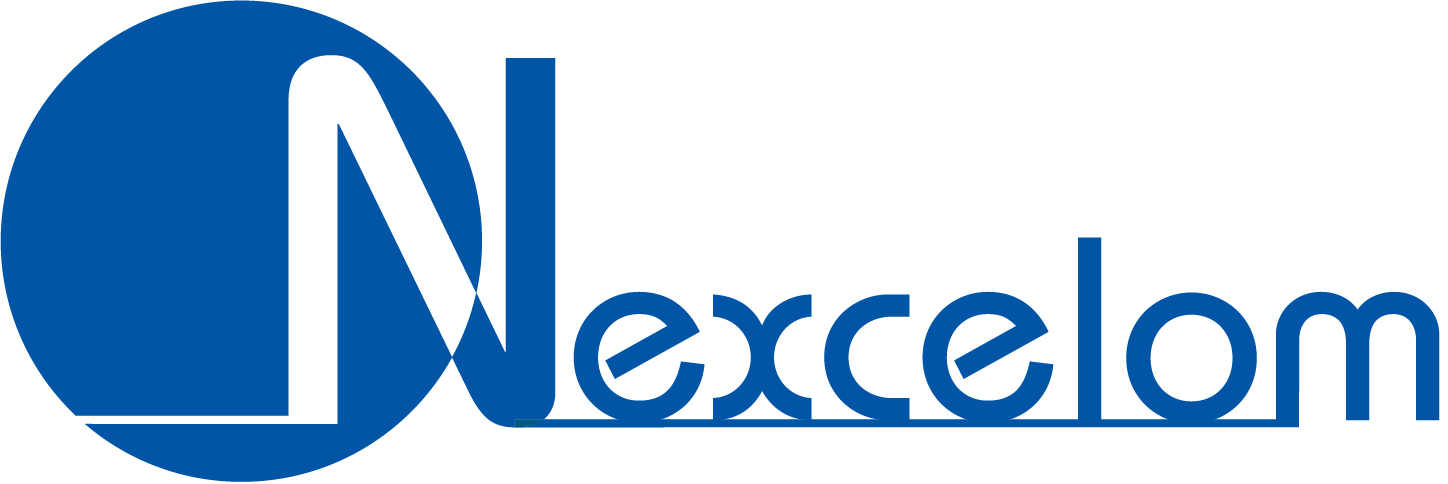
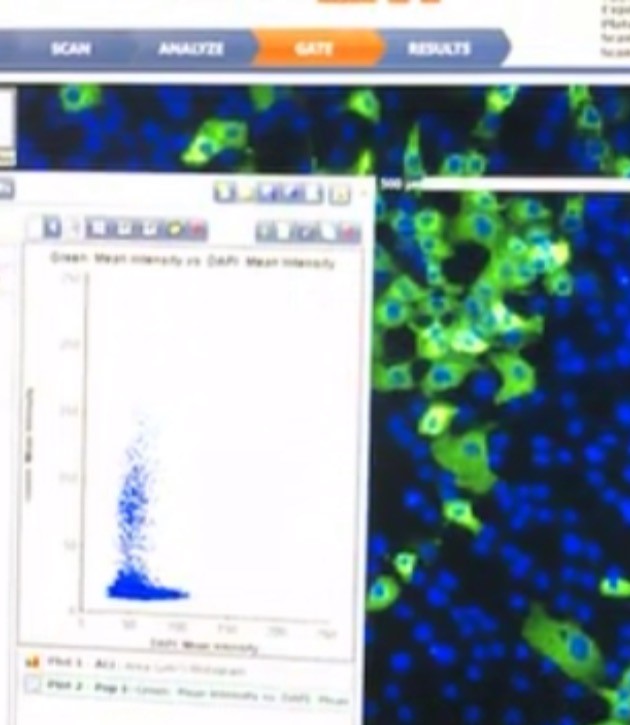
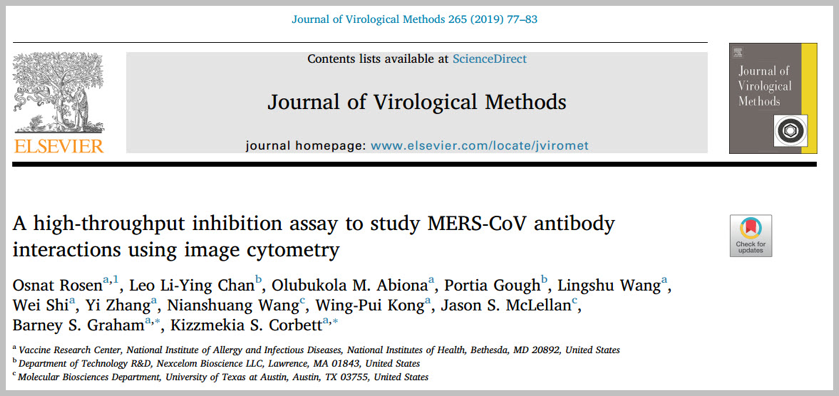
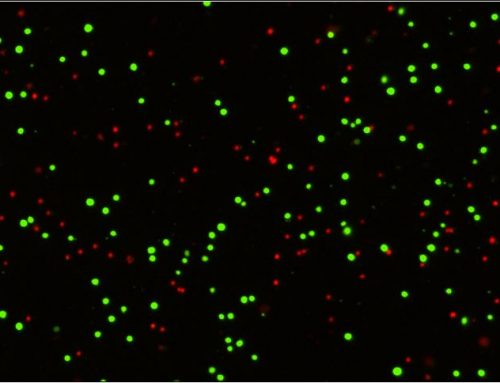
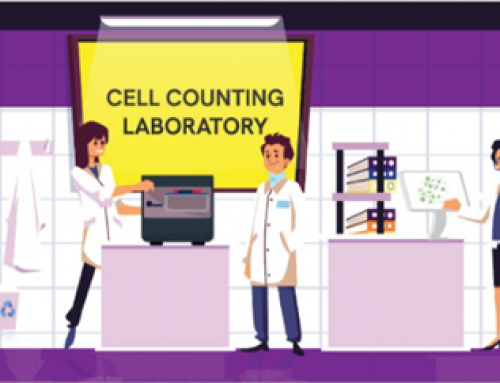
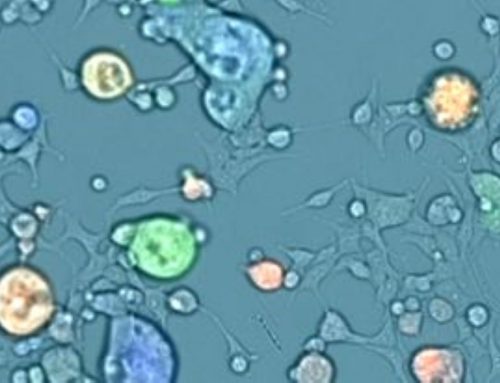
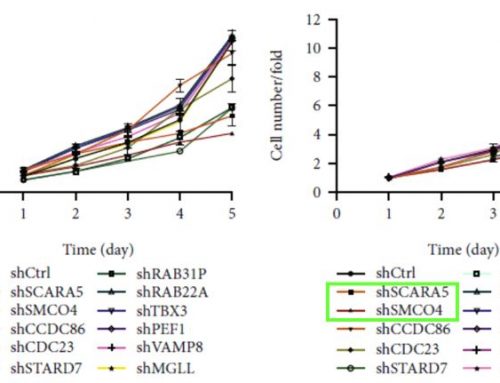

Leave A Comment